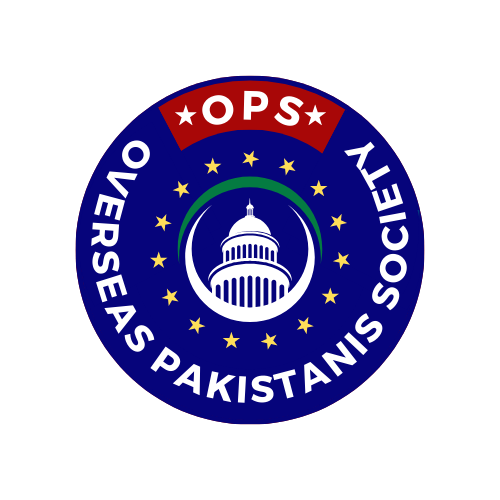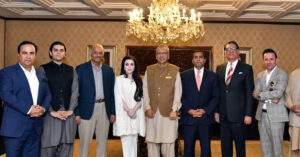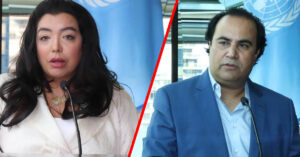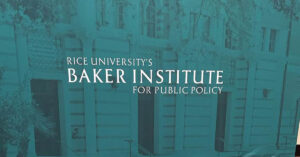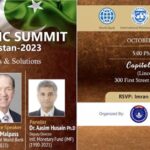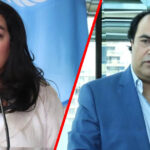Last year, the Atlantic Council’s South Asia Center along with the Muslim American Leadership Alliance hosted an in-person conversation on the history, politicization, and future of overseas voting in Pakistan.
Given the degree of political divisiveness, hazy legislation, and dearth of checks and balances surrounding overseas voters, Uzair Younus brought up the very contentious nature of voting from abroad to start the conversation. However, involving Pakistanis living abroad in the democratic process might “enrich and energize the country’s democracy” and hasten Pakistan’s democratic transition.
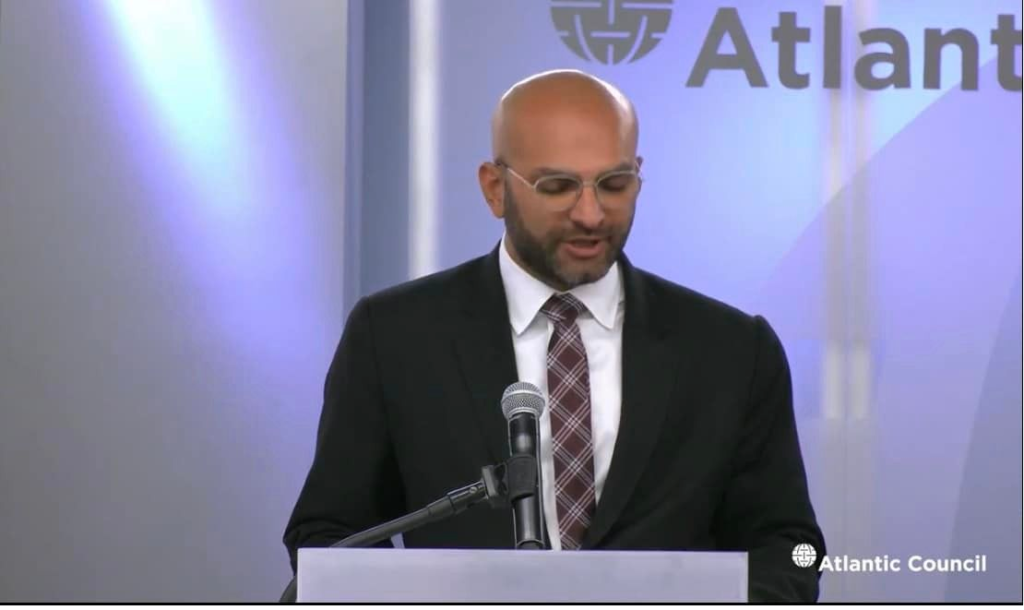
Given that most of the discussion surrounding voting abroad centers on the diaspora in the West, he also stressed the need of understanding privilege. Millions more Pakistanis living in the Gulf must also be taken into account; they have received little attention in this discussion but are vital to Pakistan’s future because they do not possess dual citizenship and will eventually return.
Technology and nationalism as justification for international voting
Shuja Nawaz started the conversation with Dawood Ghazanavi, who argued that allowing abroad Pakistanis to vote is essential for giving them a chance to integrate into Pakistani society. The diaspora can stay in touch with Pakistan and the social, political, and economic environment of the nation thanks to technology. He contends that democratic speech may reach people who reside outside the national borders of their countries and provide them a sense of belonging in the age of transnationalism. Currently, the practice of overseas voting is used in 93 different nations.

Ghazanavi went on to say that the Pakistani diaspora is politically and emotionally invested in Pakistan because they want change. In their efforts to help Pakistan, these organizations frequently fall vulnerable to foreign terrorist organizations, as Ghazanavi experienced during his time in England. As a result, abroad voting is a beneficial way to channel the energy of the Pakistani diaspora who wish to stay interested and engaged with Pakistan.
in Pakistan. In this regard, she noted that, while abroad voting is one way to engage the Pakistani diaspora, there are other ways for the diaspora to participate.
Voting is merely one method of participation.
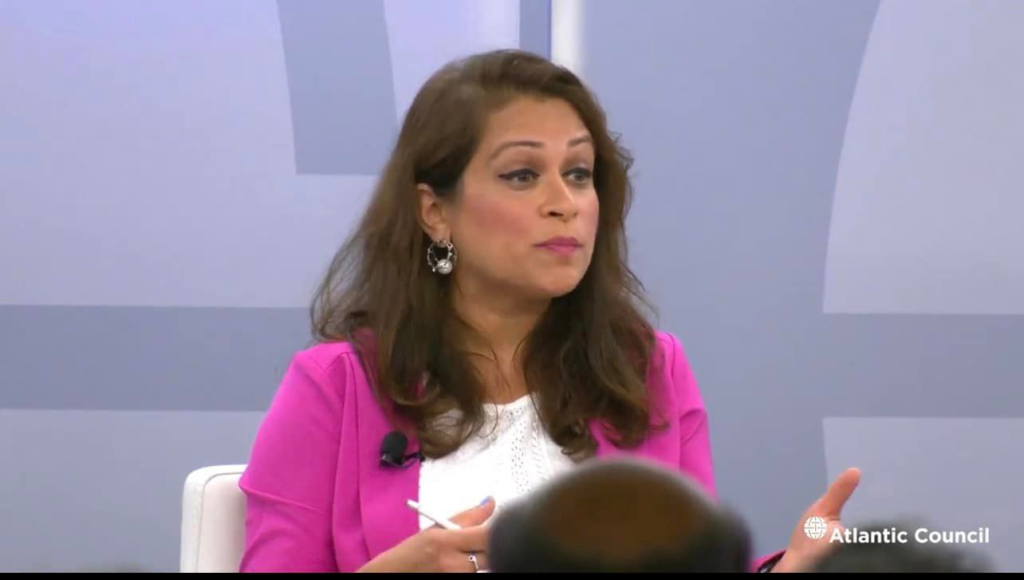
Dr. Sahar Khan continued the debate by stating that following the 9/11 attacks, entrepreneurship and education were two major routes of confidence building between the two countries. Pakistan is currently one of the largest recipients of Fulbright scholarships, resulting in increased people-to-people interactions and regional programs on Pakistan in state colleges. This demonstrates a desire to learn more about the region and the country among both Pakistanis living in the United States and non-Pakistanis. Aside from entrepreneurship and education, Khan emphasized how tourism may help the diaspora get more involved with Pakistan.
In this regard, she noted that, while abroad voting is one way to engage the Pakistani diaspora, there are other ways for the diaspora to participate.
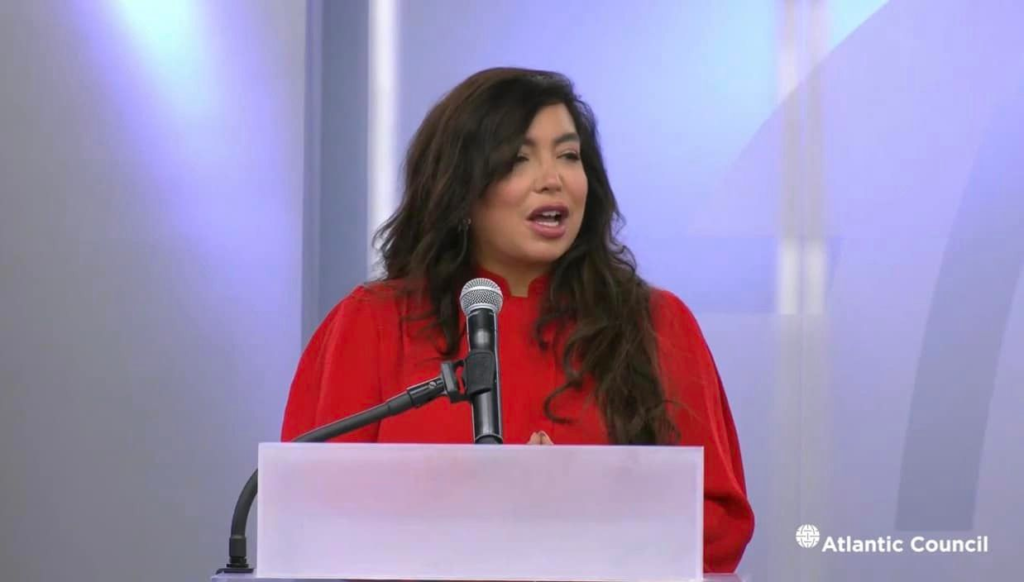
The problem with offshore voting, according to Khan, is not just the technological obstacles in making it possible, but also a lack of understanding about why overseas Pakistanis want to vote in Pakistan and what type of change they want to see implemented. This leads to the question of whether an overseas Pakistani deserves the same level of voting rights as those living in Pakistan, given that overseas Pakistanis do not face the same economic and political challenges as Pakistani residents.
Due diligence is required.
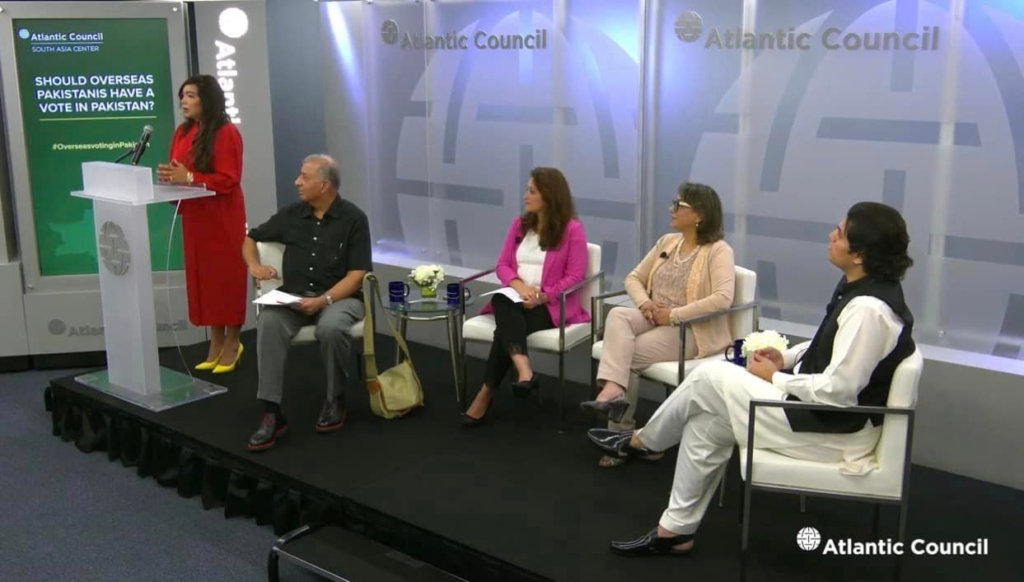
There is no black and white answer to the topic of abroad voting, according to Riffat Chughtai. She claimed that, while the idea of electronic voting, as advocated by former Prime Minister Imran Khan’s government, was commendable, it was not without obstacles. Chughtai emphasized the importance of heightened due diligence to ensure that the technology employed is accurate and dependable in order to avoid “chaos after the election” that could lead to persons questioning the voting process or its outcomes.
Chughtai further stated that there are four fundamental questions in the argument about overseas voting that we must consider and respond. First and foremost, what does the diaspora desire? Second, is voting abroad economically helpful to Pakistan? Third, who stands to gain politically from this? Finally, what are the legal implications of getting involved in a political campaign abroad in the United States and Pakistan?
I-Voting and the Pilot Project in 2018
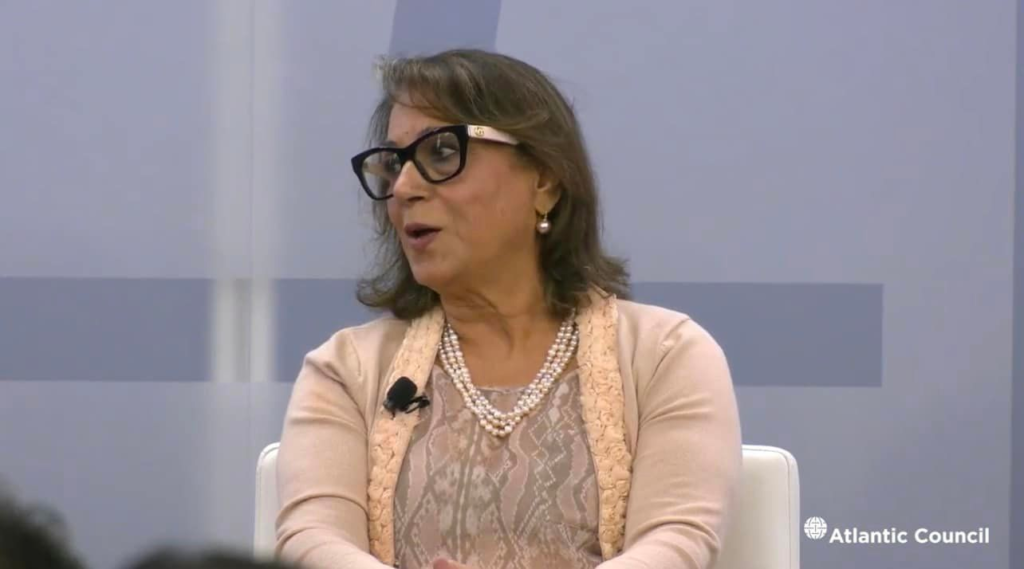
Dawood Ghazanavi highlighted that when the Supreme Court took up the matter in 2018, it took Pakistan’s National Database and Registration Authority and the Election Commission twelve weeks to create a pilot scheme to facilitate voting procedures for nine million expatriate Pakistanis. However, when tested during the 2018 by-elections, only 1.2 percent of the 700,000 persons engaged voted. Ghazanavi remarked that, while turnout for the by-elections was extremely low, the most important issue to consider is that the election commission provided no guidance on how to vote or how this new electronic voting procedure was supported.
In an open society, there are no classes of citizens.
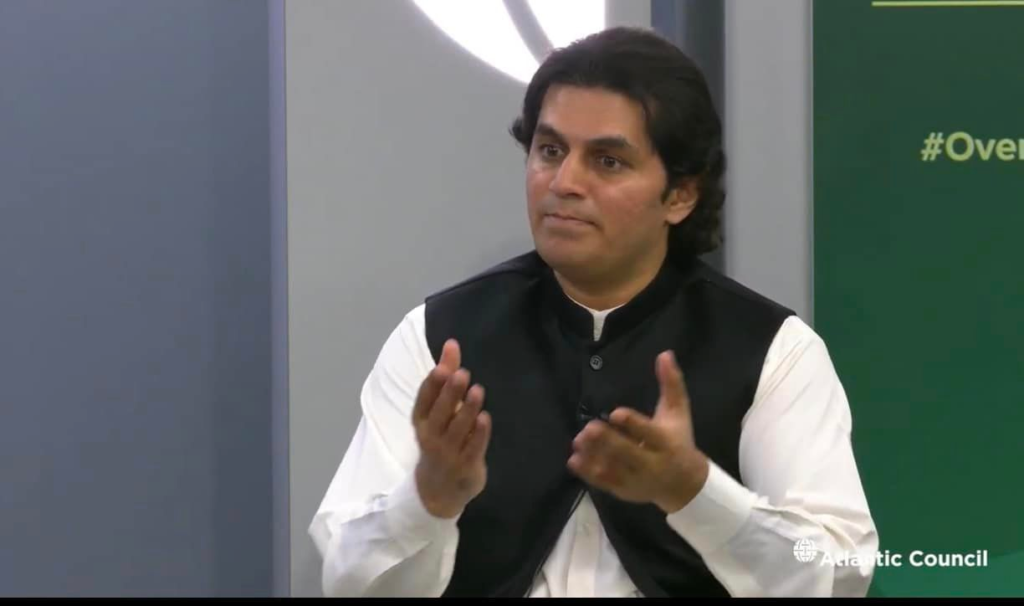
Khizr Khan, the Pakistani-American father of US Army Captain Humayun Khan, who died during the US invasion of Iraq in 2004, was present and briefly spoke at the end of the conversation. He began by underlining the value of free press, as well as the lengthy path of US democracy. Khan emphasized that it was not until the 19th Amendment was ratified in 1919 that women, primarily Caucasian women, were granted the right to vote in the United States.

Despite this advancement, there was still work to be done in the fight for equal rights for other minorities in the United States. All residents have equal rights in an open society, according to Khan, and there can be no “apartheid among the voting population.” Democracy continues to face challenges—we either have an open, democratic society or a closed society. He highlighted that the decision is entirely in our hands.
